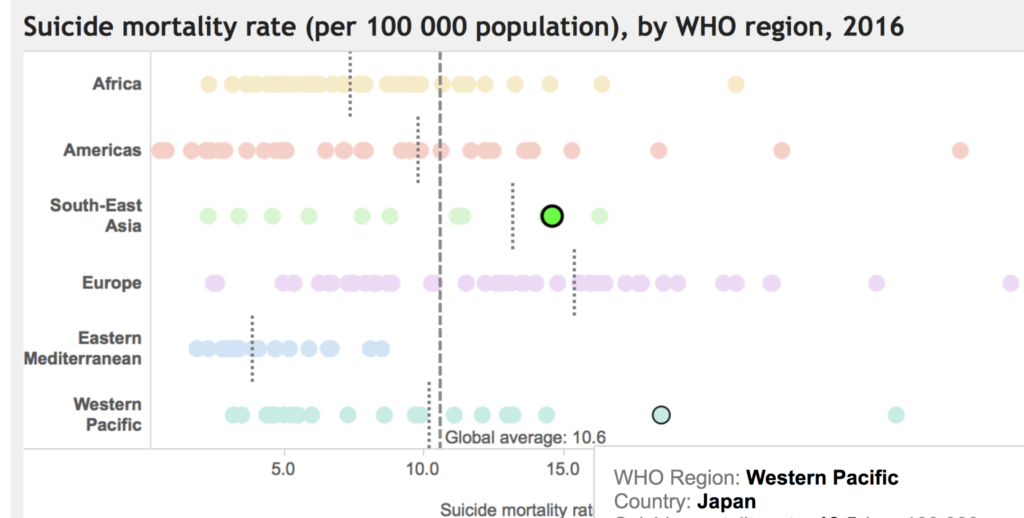Here is what you should study in order to be completely prepared for the exam that will take place in class on July 23rd…
1) Know these concepts: Power distance, individualistic vs. collectivistic societies, masculine vs. feminine cultures, beliefs, values, uncertainty avoidance, sojourner, immigrant, refugee, host, and communication. Most of these can be reviewed by referring to THIS PDF.
You can see useful explanations and definitions of “power distance,” “individualism vs. collectivism,” “uncertainty avoidance,” and “masculinity” (as in masculine vs. feminine culture), at https://www.hofstede-insights.com/product/compare-countries/ [Type in a few countries using the “Country Comparison Tool” and learn about how these countries compare with each other in terms of these value dimensions.] This is a website created by the Dutch researcher who originated many of these concepts, Geert Hofstede.
2) Review pages 27 – 33 of THIS CHAPTER from the book Intercultural Competence: Interpersonal Communication Across Cultures, especially the part about Dympna Ugwu Oju (on page 28). Be sure that you understand what these terms mean: culture as a “construct,” “culture being durable over time, but not traveling well,” and the concepts of “acculturation” and “assimilation.”
3) Look at the photos at https://aogaku-daku.org/gender/ and be prepared to say what they reveal about gender and gender bias.
4) Read over the health related critical incidents (THIS PDF) and be prepared to answer questions about them. You should also be able to critique the use of critical incidents for teaching intercultural understanding. What are their drawbacks?
5) Know the vocabulary related to LGBT issues by referring to the attached PDF (Quiz on LGBT Terms and Definitions).
6) Be sure you learned something from the film “Saving 10,000,” about suicide in Japan, and from the articles that you read on the topic of suicide and culture, from the last Edmodo assignment.
Check the World Health Organization’s “Global Health Observatory” data at http://www.who.int/gho/mental_health/suicide_rates_crude/en/ . You’ll be able to compare the suicide rates in six regions of the world. By clicking on each region, you’ll see a graph with the countries listed by their suicide rates. You can see at a glance that the Eastern Mediterranean countries (ones that we usually call Middle Eastern countries) have, on average, the lowest suicide rates, while European countries have the widest spread of suicide rates. Perhaps the most striking thing is that the countries representing each region have a wide range of suicide rates. Those countries with the lowest rates seem to be Carribean island nations.
7) In the final class (July 16th), a week before the exam, I will hand out an obituary to you of a man (Carl Lau) who passed away a few years ago in Los Angeles, California. He wasn’t famous at all, but his life story appeared in the Los Angeles Times in a section of the newspaper called the “obituaries.” These are death notices and biographies of the recently deceased, usually written by their loved ones. We can learn a lot about culture from them. In the second part of the test you will be given an obituary that is different from that of some of your classmates and you will have to share information, find out what the people have in common, create a family tree for them, and answer some questions related to them. In order to prepare for that, take a look again at Carl Lau’s obituary and see if you can answer the following questions about it:
- What geographical locations are associated with Carl Lau?
- From his appearance, name, and places of residence what can you guess about his cultural heritage?
- What themes appear in the story of Carl Lau’s life? For example, one of the major themes is “overcoming adversity.”
- How well do you think Carl and his family assimilated to life in the U.S.? Why do you think so? [Note: Hawaii was not part of the U.S. when Carl was born.]
- What factors (cultural, personality, etc.) do you think may have helped Carl to adjust to so many different places and circumstances?
- What does his life demonstrate about discrimination and ways that discrimination can be handled creatively?
- What aspects of Carl Lau’s life might be seen by Japanese people as too private to be revealed publicly through an obituary? Can you imagine writing such an article about one of your loved ones and having it published in a newspaper?
- My (Joseph Dias’) mother died the year before last and I delivered her eulogy. You can find the transcribed version of it at: http://www.lastingmemories.com/memorial/rose-anne-dias?story . What aspects of culture come through in that eulogy?

